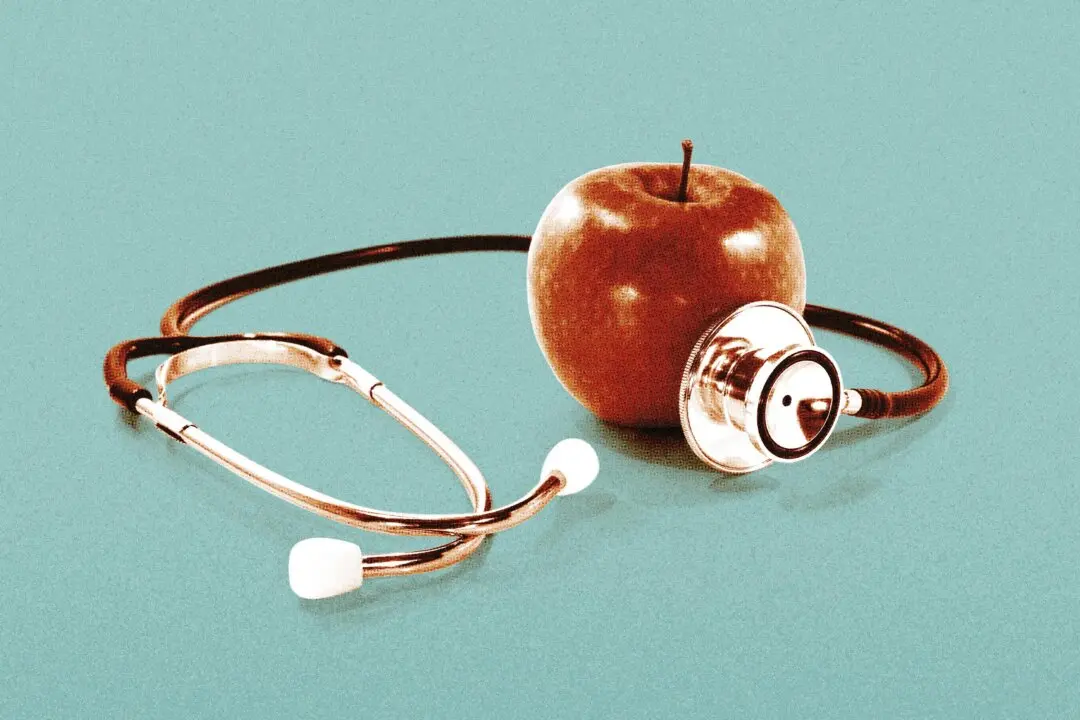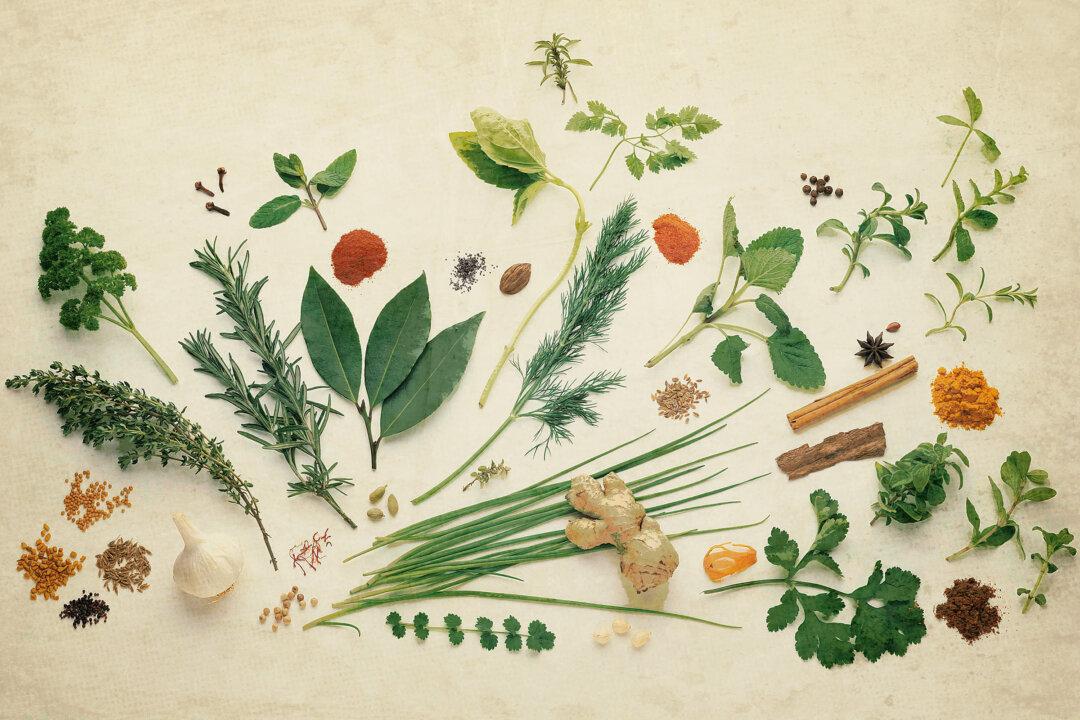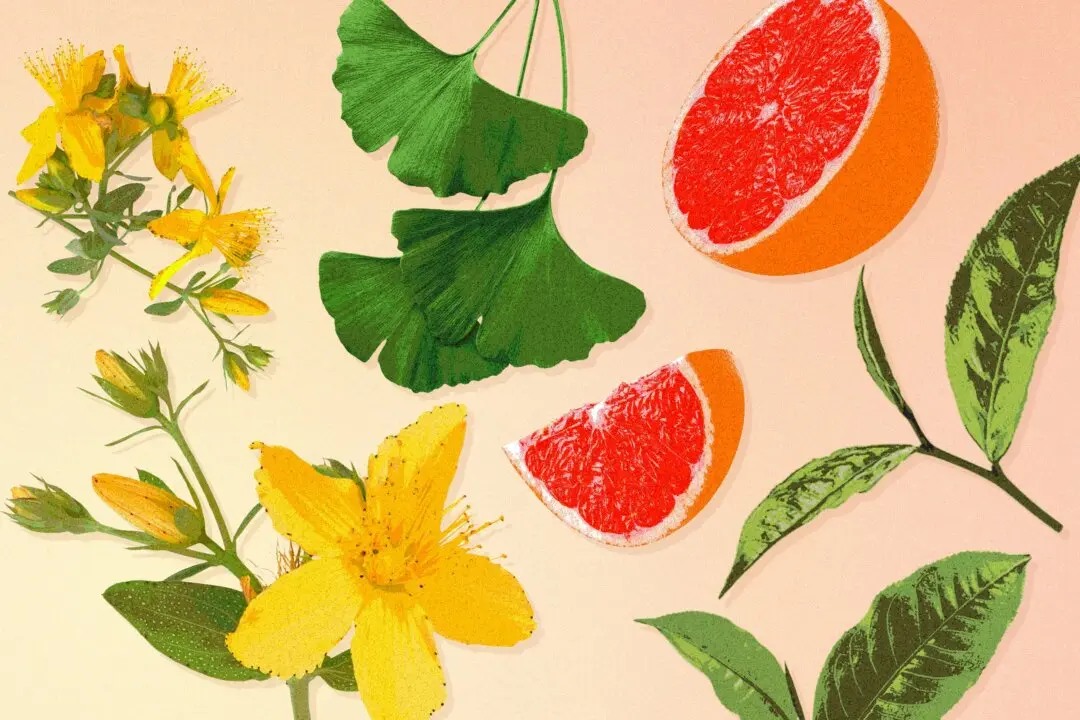Nobody is happy right now. And no wonder. The world has turned upside down, and we are all still reeling, trying to catch our collective breath.
The past two years since 2020 have been destabilizing: financially, physically, and emotionally. Constant anxiety, new variants, and endless restrictions have worn us down. And the things that previously brought relief in times of distress have also been disrupted—most notably our relationships with each other.






